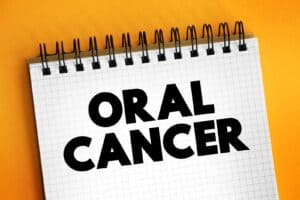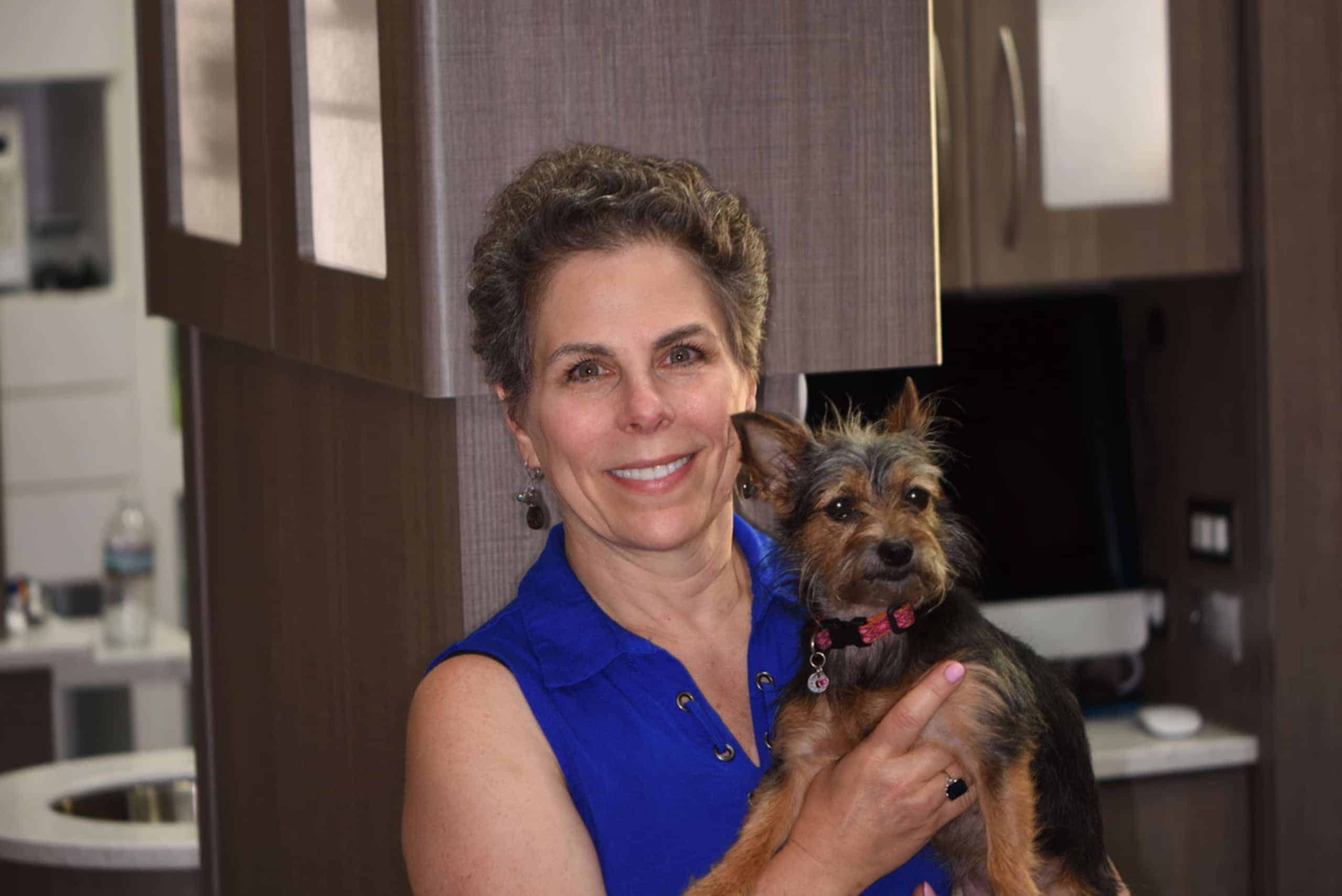
Understanding Oral Cancer Screenings
Oral cancer screenings are painless and non-invasive examinations conducted by dental professionals to assess the mouth for signs of cancer or precancerous conditions. During the screening process, the dentist or dental hygienist carefully examines the mouth, lips, tongue, gums, throat, and surrounding tissues for any abnormalities, such as unusual lumps, lesions, or discolorations. Additionally, advanced screening techniques, such as fluorescence visualization or specialized dyes, may be utilized to aid in the detection of abnormal cells.
Early Detection Saves Lives
One of the primary reasons why oral cancer screenings are essential is the potential to detect cancer in its early stages when treatment is most effective. Oral cancer, like many other forms of cancer, often presents few noticeable symptoms in its initial phases. As a result, it can go unnoticed by individuals until it has advanced to a more severe and challenging-to-treat stage. By undergoing regular oral cancer screenings in Doylestown, individuals can catch abnormalities early on, enabling prompt intervention and increasing the likelihood of successful oral cancer treatment.
Risk Factors and Prevention
Several risk factors increase the likelihood of developing oral cancer, including tobacco use, excessive alcohol consumption, prolonged sun exposure, and human papillomavirus (HPV) infection. Individuals with a history of these risk factors are at a higher risk of developing oral cancer and may benefit significantly from regular screenings. Moreover, adopting healthy lifestyle habits, such as smoking cessation, limiting alcohol consumption, practicing sun safety, and maintaining a balanced diet, can help reduce the risk of developing oral cancer.
The Role of Oral Cancer Treatment
In cases where oral cancer is detected, timely intervention is crucial to achieving the best possible outcomes. Oral cancer treatment in Doylestown may involve a combination of therapies, including surgery, radiation therapy, chemotherapy, targeted therapy, or immunotherapy, depending on the type and stage of the cancer. By identifying oral cancer early through screenings, individuals can undergo appropriate treatment promptly, potentially reducing the need for extensive surgical procedures or aggressive therapies.
Empowering Communities Through Screenings and Treatment
Oral cancer screening initiatives play a vital role in promoting community health and well-being. Regular screenings conducted by dental professionals help raise awareness about the importance of early detection and encourage individuals to prioritize their oral health. Furthermore, access to comprehensive oral cancer treatment ensures that individuals diagnosed with oral cancer receive timely and appropriate care, ultimately improving their prognosis and quality of life.
Essentially, oral cancer screenings are a crucial component of preventive healthcare that offers numerous benefits, including early detection, improved treatment outcomes, and reduced morbidity and mortality rates associated with oral cancer. By undergoing regular screenings and seeking oral cancer treatment in Doylestown when necessary, individuals can take proactive steps to safeguard their oral health and well-being. Remember, early detection saves lives, and together, we can make a difference in the fight against oral cancer.
